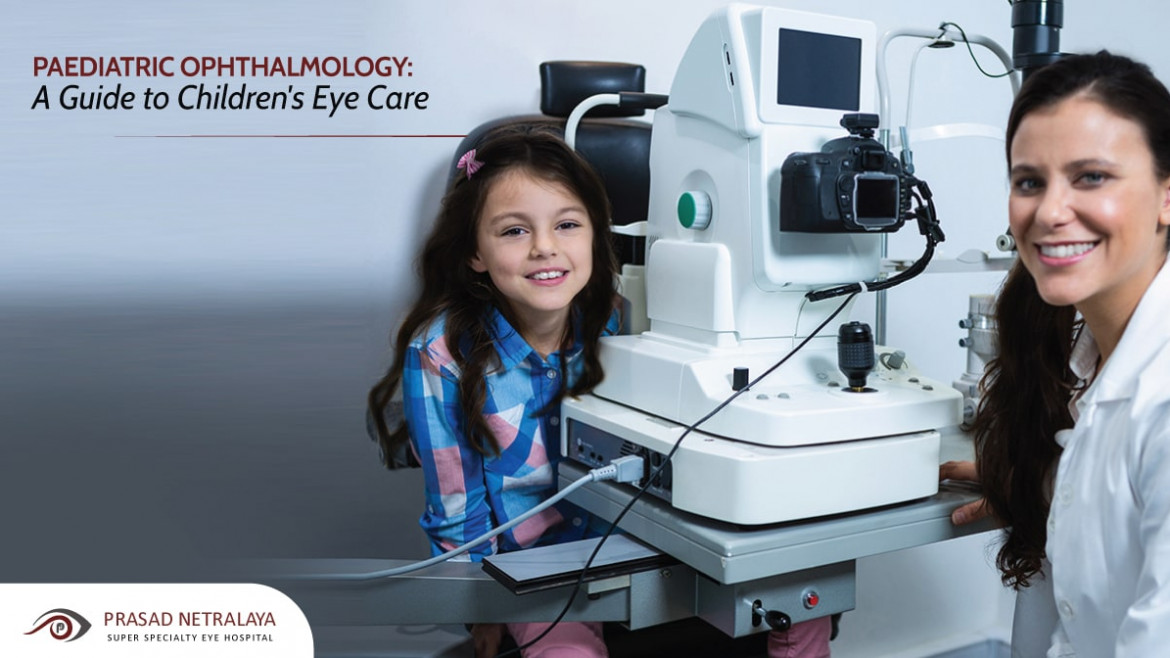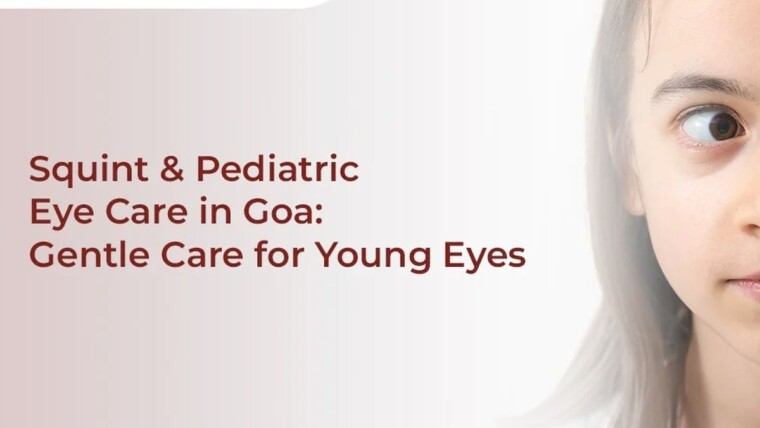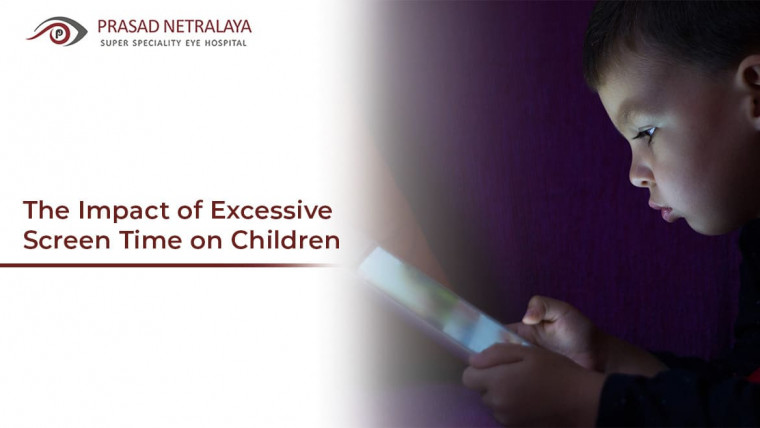When adults have an eye problem, they immediately seek medical help. But when children have an eye problem, they are often unable to fully express what is bothering them. Yet, their tender eyes need patient and meticulous care from qualified eye doctors who specialize in children’s eye care.
The past few years have seen remarkable advances in clinical eye care for children. Pediatric ophthalmology is a subspecialty of ophthalmology, with a focus on eye disorders and vision care in children.
Table of Contents
What Does a Paediatric Ophthalmologist Do?
Doctors who are qualified in and practice paediatric ophthalmology, are known as paediatric ophthalmologists. They diagnose and treat children’s eye conditions. As they manage eye care of children, they are often referred to as eye doctors for children. If you are wondering — what can I expect from a paediatric ophthalmologist — then here are certain services that they typically provide:
- Conduct eye tests
- Prescribe eyeglasses and contact lenses
- Provide treatment for eye injuries
- Diagnose visual processing disorders
- Perform surgery, microsurgery, and laser surgery (for problems like weak eye muscles, crossed eyes, wandering eyes, blocked tear ducts, retinal problems, and infections)
- Diagnose problems of the eye caused by diseases like diabetes or juvenile rheumatoid arthritis (JRA) and other medical and neurological diseases
Why Are Children’s Eye Exams Important?
One of the most common and important services offered by a paediatric ophthalmologist is conducting eye tests or eye exams, as well as diagnosing eye conditions and common eye problems in children.
If your child’s eyes are unhealthy or have vision problems, it could hinder his/her performance in school. Not just in the classroom, but also sports and other extracurricular activities. Moreover, it could affect your child’s safety. And the risk of myopia would be looming over the years. No child’s life deserves to be affected due to poor vision or inadequate eye health. This is why early eye exams are not just nice-to-have, but absolutely critical.
What Can I Expect at a Paediatric Eye Exam?
If you are a parent and your child needs an eye exam, you may be wondering what you can expect from it. Below are some common and useful tests that are done:
- Visual Acuity Test: This is one of the primary tests for your child in an eye exam. It measures the sharpness of his/her eye-sight. It is performed employing a projected eye chart to measure the distance of visual acuity and a tiny hand-held acuity chart to measure the space of sight at a standard reading distance.
- Cover Test: This is a simple test that lets the paediatric ophthalmologist check how your child’s eyes work together. The ophthalmologist will ask your child to focus on a small object across the room and will then cover each of the child’s eyes alternately while they look at the object. The test is then repeated with the child looking at an object nearby — at a much shorter distance. Whether the uncovered eye moves to pick up the fixation target is assessed here. This could indicate strabismus or a more subtle binocular vision problem that could cause eye strain or amblyopia in your child. Amblyopia is what is commonly known as ‘lazy eye’.
Lazy eyes often develop in childhood. The causes and risk factors are different for every child. The child might have symptoms of squinting or shutting one eye, head tilting, or difficulty in perceiving how near or far something is. Diagnosing and treating the condition before the age of 7 gives a child the best chance of fully getting rid of it. This is why it is best to have your child get vision tests before he/she is of school-age.
- Eye Movement Test: The Ocular Motility Testing, or the eye movements test, is performed to determine how well your child’s eyes can follow a moving object, and how quickly they can move between and accurately fixate on two separate objects. Problems with eye movements can cause blurry vision, eye strain, headaches and other issues. So this test is highly recommended. To test smooth eye movements, the children’s ophthalmologist will have your child hold his/her head still and follow the slow movement of a hand-held light or any other object — just with the eyes. The eye doctor may also ask your child to move his/her eyes back and forth between two targets positioned at some distance apart from each other, to evaluate quick eye movements.
If you are looking for the best paediatric ophthalmologist in Mangalore or Udupi, then Prasad Netralaya — Mangalore and Udupi’s most trusted Eye Care Hospital — is your answer. Reach out to our experienced doctors and compassionate staff, call us at +91 9513596565 or book an appointment if you wish to visit in person.
Dr. Vikram Jain, M.S. had his medical training (MBBS) from Kasturba Medical College, Mangalore, India. He did his master’s in Ophthalmic surgery from Kasturba Medical College, Manipal. He currently manages the Glaucoma department of Prasad Netralaya hospital.



